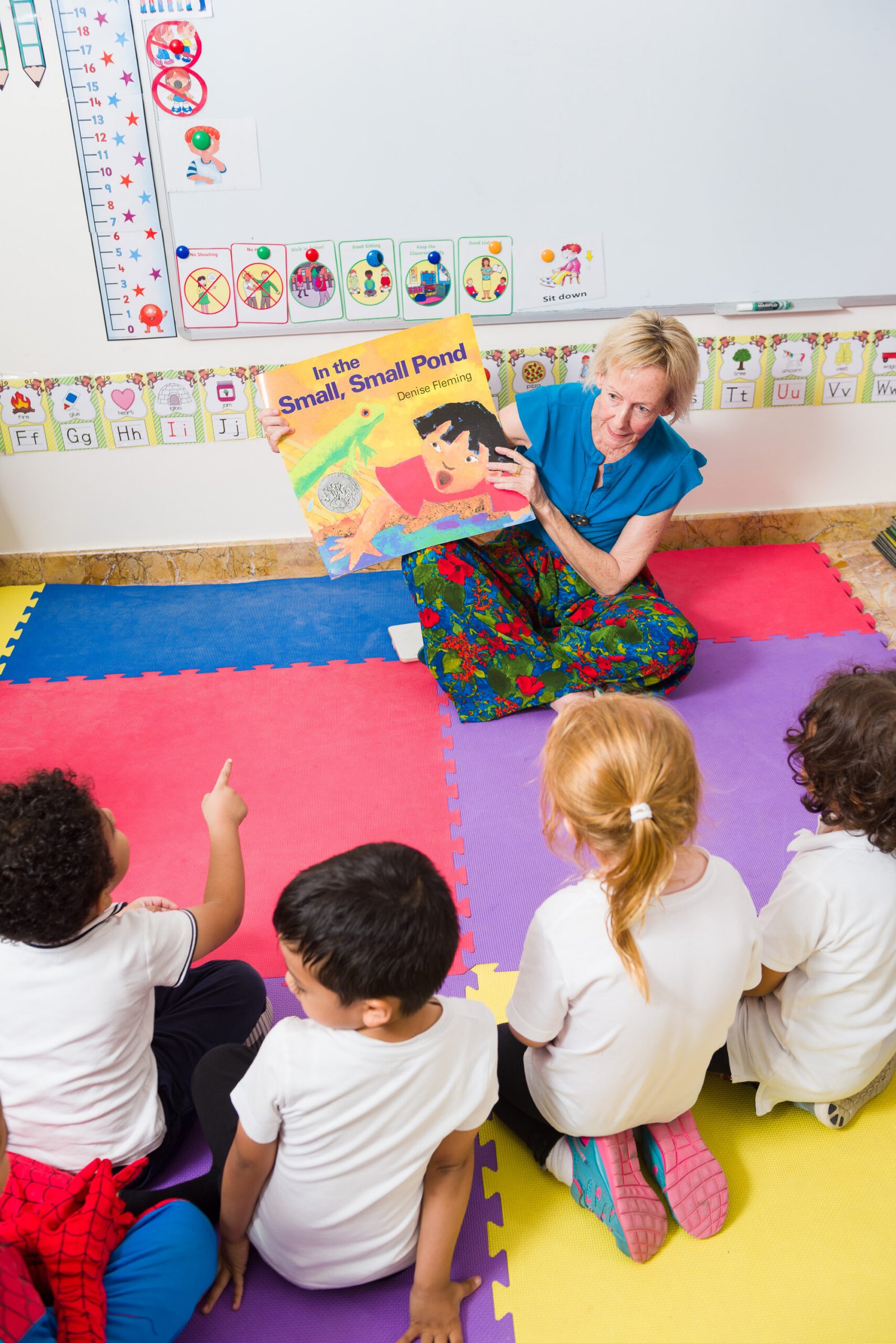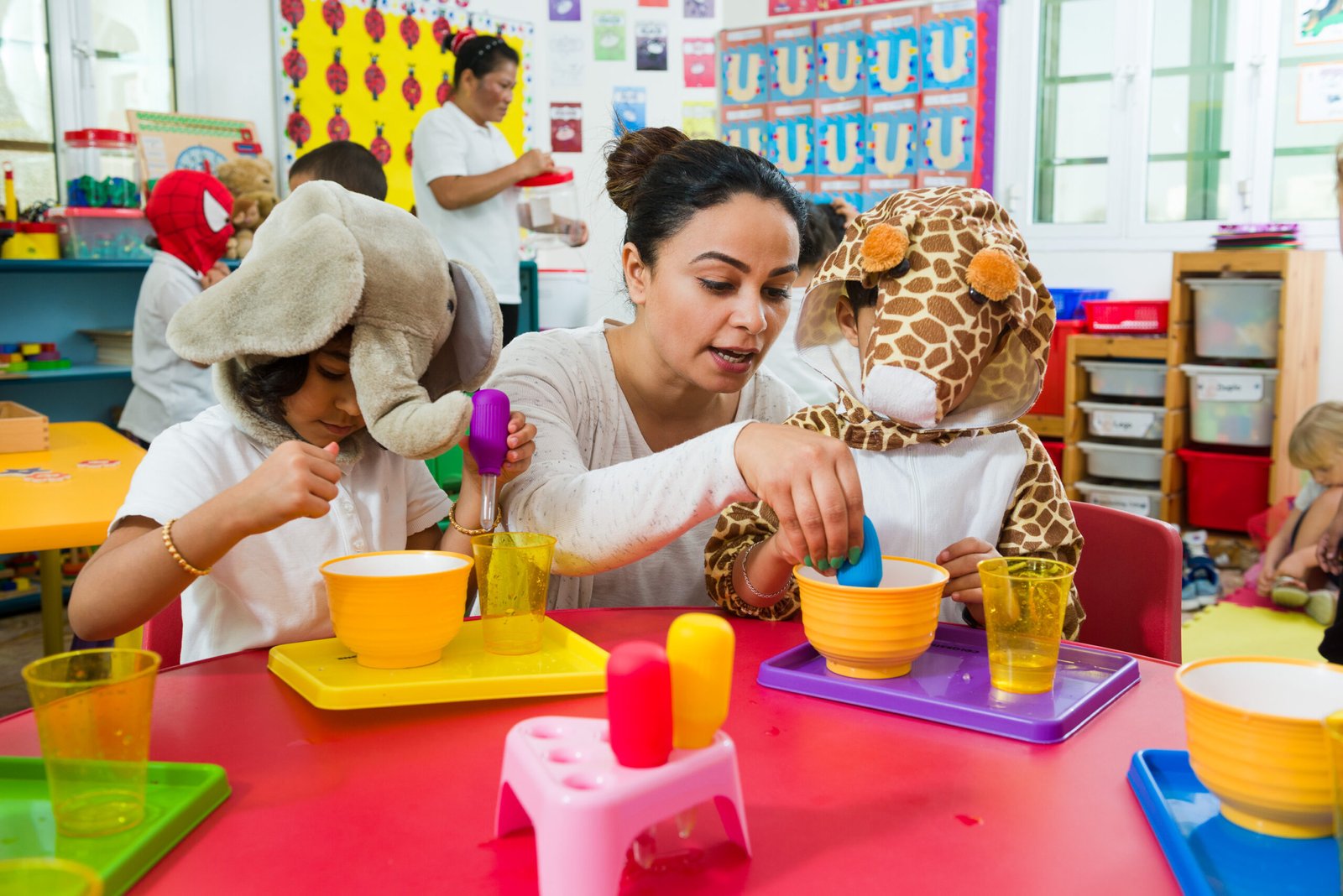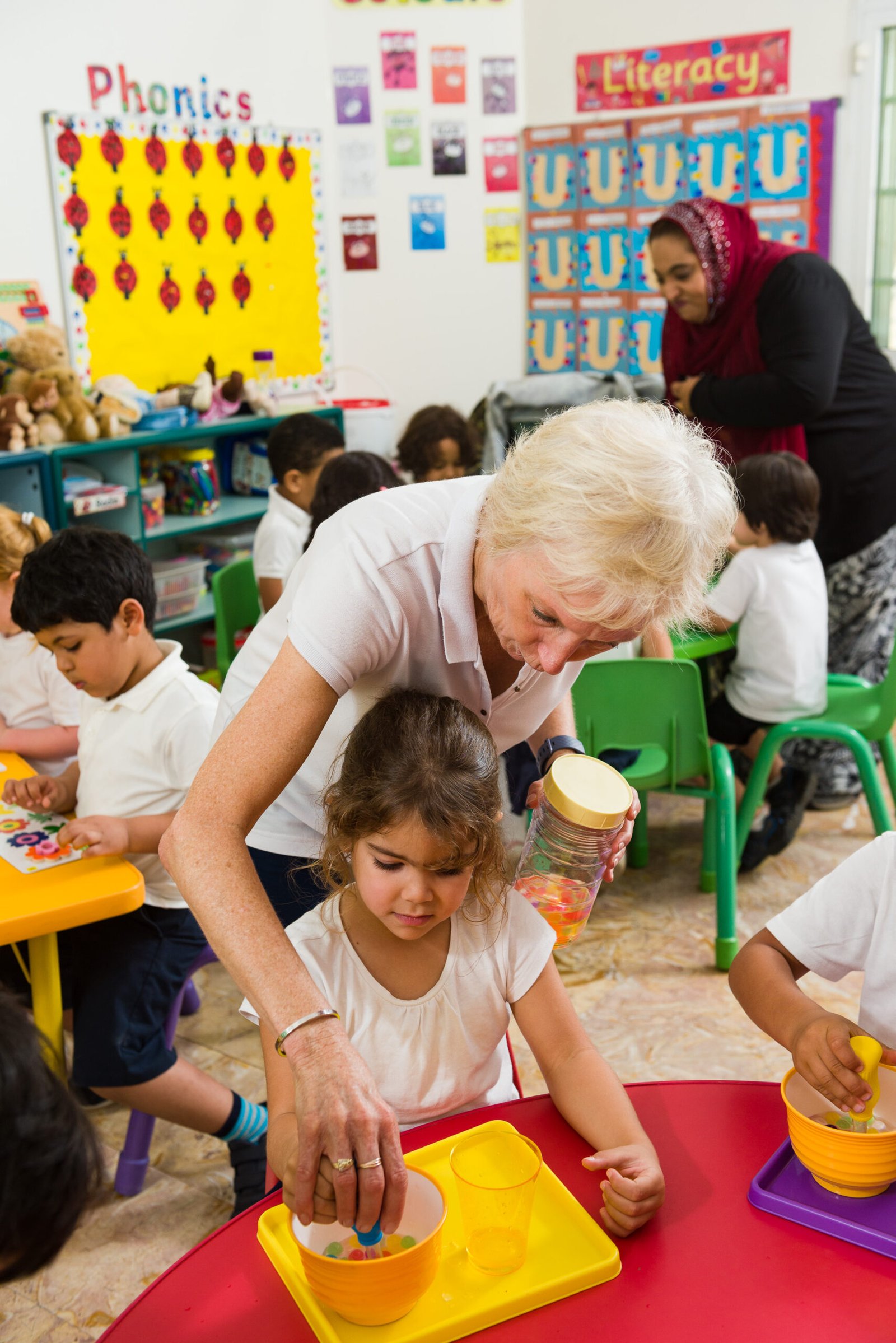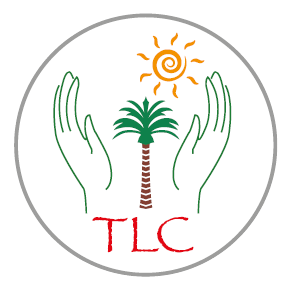





At TLC we follow the Early Years Foundation Stage Framework for children aged 4 to 5 years old. Here, children develop critical thinking, literacy, and numeracy skills while learning to work independently and as part of a team. Our reception programe encourages children to take risks in their learning, be curious about the world around them, and become confident in their abilities.
Key Learning Areas:
Discover competitive fees designed to provide exceptional education for your child.
My son has made incredible progress in TLC’s Reception class. The teachers are kind, professional, and know how to engage young learners. It’s the best start we could have hoped for!
TLC’s Reception class is amazing! My daughter loves her teachers and comes home excited to share new things every day. The care and creativity at TLC are unmatched.
I’m so happy with TLC’s Reception program. The personalized attention and fun activities have helped my child build confidence and enjoy learning like never before!
My son’s experience in TLC’s Reception class has been wonderful. The safe environment, dedicated teachers, and interactive learning make it an exceptional place for young learners.
Explore moments of learning, creativity, and joy that define life at TLC International School.
Get in Touch
